
Gender equality is a human right. It is also essential for eradicating poverty and improving the lives of future generations. Gender equality is at the heart of all our programming and advocacy work. IPPF pushes for legal and policy reforms which combat female genital mutilation (FGM), early forced marriage and other forms of gender discrimination.
Articles about Gender equality
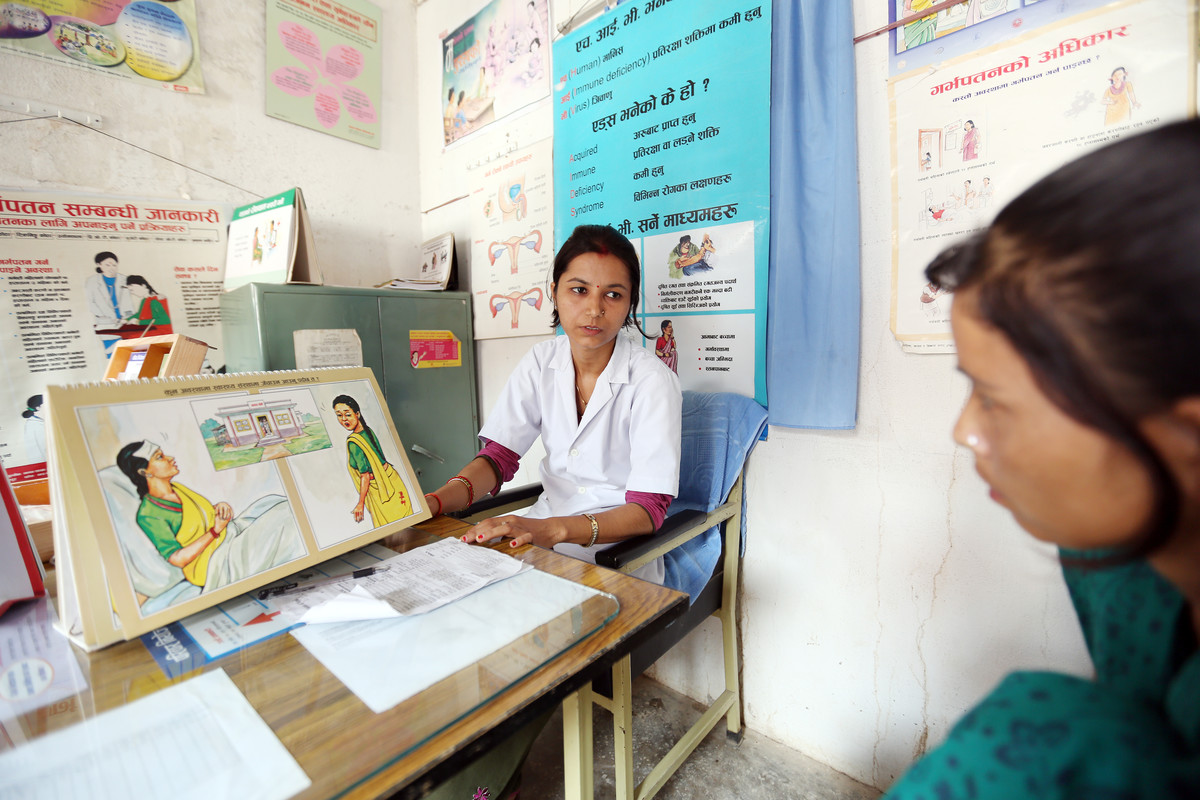
A roll back on women’s rights? The impact of the global gag rule
The Commission on the Status of Women (CSW) is a functional commission of the United Nations Economic and Social Council (ECOSOC). It is the principal global policy-making body dedicated exclusively to gender equality and advancement of women. IPPF convened a panel at CSW61 to examine the far-reaching implications of the US government's Global Gag Rule on the advancement of women’s rights globally. To open the meeting, IPPF provided context to the sexual and reproductive health and rights (SRHR) agenda, reminding us primarily of the huge strides made in recent years on women’s access to SRHR. With an increased policy focus on rights, significant drops in maternal mortality, systematic screening of gender-based violence at health facilities, increased uptake of family planning and post primary school retention of girls, women globally are more empowered to access their rights than ever before. However, recent political shifts have significantly changed the global landscape which could see these rights severely compromised if not removed entirely. IPPF provided an overview of the pivotal policies that have marked this shift, most notably the Global Gag Rule (GGR) passed by the Trump administration in January 2017 - an Executive Order which sees U.S. funding denied to health organizations if they use money from other donors to provide abortion services, counselling or referrals. This is accompanied by other damaging policies such as the application of the Kemp-Kasten amendment that could see funding for UNFPA, the world’s largest supplier of contraceptives, dramatically cut. This is despite evidence showing that the implementation of the GGR under previous Republican administrations did not reduce the number of unsafe abortions; rather, by eliminating access to contraception, it led to more unintended pregnancies and more unsafe abortions. IPPF also highlighted that it is the most vulnerable women who will suffer most from these policies: they will hit women living at the margins of society hardest – the poorest, women of colour, disabled women, the most remote and those under 25. And it is not just women’s access to SRHR that's at stake; panelists offered perspectives on how the Global Gag Rule and its potential chilling effect could impact upon their work. Amnesty International UK outlined the ways in which the Global Gag Rule could increase stigma around abortion and bolster the anti-choice movement. Cutting support to reproductive health sends a clear ideological message on abortion and could serve to embolden ultra conservative, anti-choice and anti-rights attitudes, causing a rollback on women’s rights. This in turn could undermine women’s rights organisations including violating their right to freedom of speech, association, and their ability to participate in the strengthening of their civil societies and holding their governments to account. Action Aid advised that the reduction in sexual and reproductive health services could also impact upon gender-based violence. They used the example of a series of women’s shelters that they set up in Uganda in partnership with UNFPA to support women escaping domestic violence and rape; the cuts experienced by UNFPA will likely mean these shelters are forced to close down despite the fact they are in no way related to abortion or the provision of reproductive health services. In light of this, Action Aid stressed the need to invest in and support local women's rights organisations who can take on the role of providing shelter and refuge as it is being retracted elsewhere. JustActions added to the debate by highlighting the extent to which policies like the Global Gag Rule could undermine the achievement of several of the new Sustainable Development Goals (SDGs). When you restrict women’s access to products and services that affect their sexual and reproductive health, it is harder to reduce poverty (SDG 1) and hunger (SDG 2), and is pretty much impossible to improve women’s health (SDG 3), education (SDG 4) and achieve gender equality (SDG 5). Economic growth and sustainability (SDG 8/9) will also suffer as lack of access to SRH impacts upon women's ability to work and it will therefore be harder to close income inequality gaps (SDG 9). That’s almost half of the 17 SDGS compromised right there. McCann Health, a global communications agency, suggested that in order to better focus attention on these issues and build public support, we need to reach out to sympathetic private sector partners and new communications platforms that could help us make our case to a different audience. Whether through social media based initiatives or formal events and protests, clear and loud communications that are accessible to everyone, do make a difference in the national and global discussion. Intersectionality, partnership and moving forward So what can we take from this? The fact that such a diverse range of organizations, some of whom do not even work on SRHR, came together in this high-profile, global space to speak out on the danger of these policies demonstrates just how wide-ranging and profound the implications could be. It also highlights the intersectionality of the issues at stake; it is very difficult to move towards women’s economic, political and social empowerment without access to sexual and reproductive rights and vice versa. This calls for a more holistic approach to women’s empowerment that does not isolate issues but acknowledges interlinkages and looks to foster cooperation and partnership where possible; be it through advocacy, campaigns or programmes. Perhaps most importantly, the impassioned speeches given by senior representatives from influential CSOs and the private sector calling for a progressive SRHR agenda show us that whilst the policy landscape is changing, so is our support base. And whilst the GGR may loom large on our horizon, we also see a groundswell of organisations, individuals and governments rising up in support of those who will be affected, and exploring ways to mitigate the financial and human cost of this policy. Ultimately this panel was about solidarity. Solidarity in the face of adversity. Solidarity for progress. Solidarity for human rights. And solidarity for women everywhere. And that at the very least is what CSW should foster. Long may it do so. WANT TO GET INVOLVED? SUBSCRIBE NOW TO GET UPDATES FROM IPPF SUPPORT OUR WORK WITH A DONATION
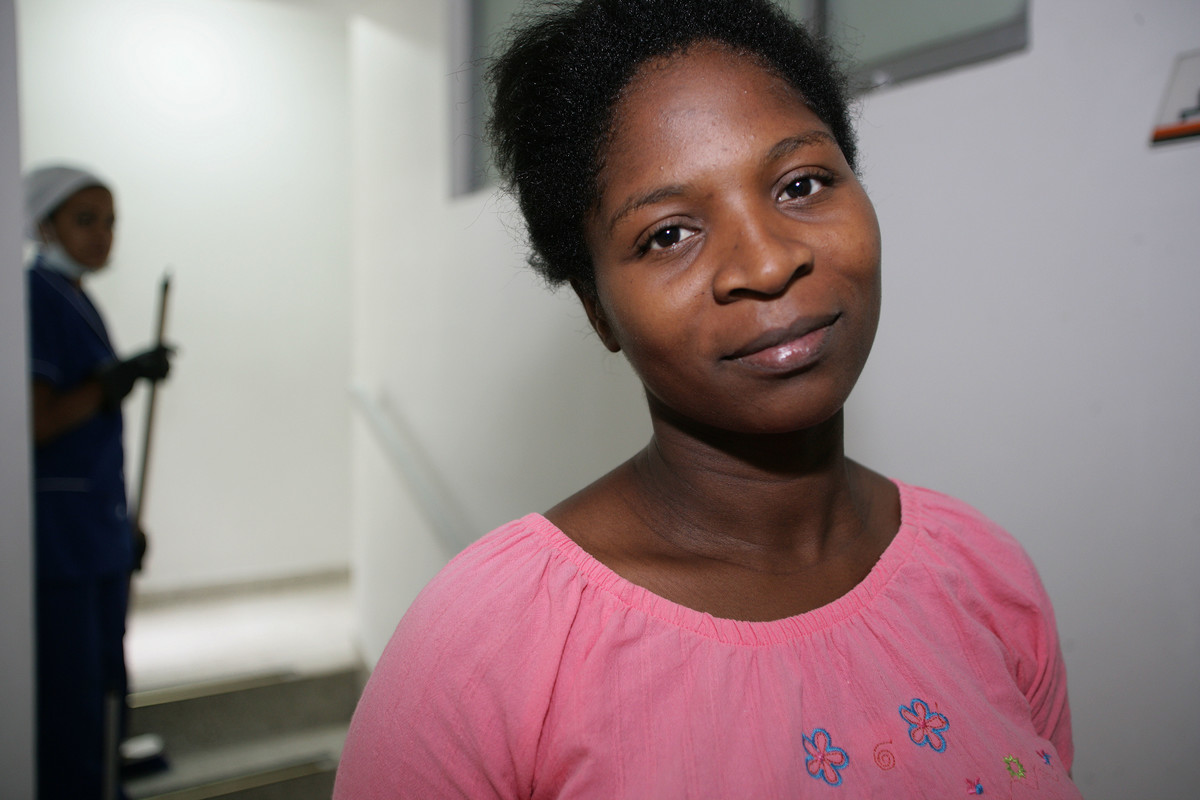
"The focus of our work is not abortion, it's human dignity"- Marta Royo at She Decides
by Marta Royo, Executive Director of Profamilia Colombia A couple of years ago Profamilia launched a campaign: "The decisions is yours". Its purpose was to inform women about what the constitution of our country says regarding the right to have access to a legal and safe abortion under three causes. It was not huge, it was carried out with funding from an anonymous donor, but it was a beginning, a necessary step in order to advance the wellbeing or women in my country, Colombia. So when I was invited to the She Decides Conference, to give testimony about the actual situation of sexual and reproductive health and rights in Colombia, and the challenges we are facing today in the beautiful region of Latin America due to very extreme conservative views and politics, I felt I was coming home. I sincerely hope I will be able to convey what it means for a black, or an indigenous, or a displace young woman in Colombia, to grow up and to live when it comes to her sexual and reproductive rights. We have a lot of statistics, numbers, plenty of laws that address most of the crucial issues around human rights but we are not reaching far enough, deep enough. I see these girls, every day, at my work, right outside my office -and those are the lucky ones, they were able to come to us, they already knew about Promafilia. In their eyes I see suffering, cruelty and abuse, sometimes ignorance and despair. They are looking for answers, for help, sometimes just counselling, a piece of information that takes their feelings and context into account, recognizing them as human beings, worthy of attention and respect. I also see light, curiosity, strength, perseverance, resilience and I cannot look away as I hope you will not look away. Now travel with me to Fundación and Cienaga in Magdalena, Apartado and Turbó in Antioquia, Ayapel, San Antero and Tierralta in Cordoba, Algarrobo and Guamal in Meta. Despite their beautiful, musical names, these are 10 municipalities that have been affected by conflict, war for way too many years - all types of conflict: guerilla, paramilitary, drug trafficking…whole communities that have had to move away from their homes over and over again, leaving everything behind, their whole lives. Amelia (not her real name) lives in one of these rural areas. She is a 13-year-old girl, abused by her father since she was very young. A couple of months after she got her period, she got pregnant. She wasn't feeling well and at first she thought it was a tumour -and so did a small, local clinic near her place. Only talking about it with her friends she realised that she was pregnant of her father´s baby. She decided she did not wanted to be a mother at 13 and with that decision started her long journey into inequality and injustices. She was denied her right for three times: first, the public health insurance provider in her area told her that she needed her parents authorization to get an abortion, because she was too young. Then, the only institution where she could get the procedure refused to conduct it, claiming the institution’s right to conscious objection, and finally the Colombian Family Welfare Institute (ICBF) tried to convince her to change her mind and have her father´s baby. The case eventually landed in one of our clinics in Bogotá where the pregnancy was terminated. However all the barriers she faced left a mark on her. To make matters worse, nothing happened to the father. She is now living in a protection shelter, having nowhere else to go. This is just one story. The adolescent pregnancy rate in these municipalities can be as high as 30%, proving the enormous inequality we see in our region and the gaps that exist between the cities and rural areas. The country has one of the highest adolescent pregnancy rates in the world, starting at a very young age, meaning 10 years old. There are way too many Amelias in Colombia. We only came to meet Amelia through a project that is founded by USAID. And I want to make very clear that the purpose of the program is not to provide abortions. Its purpose is to deliver education, health services, contraceptive products and empowerment to the marginalized victims that live in the 10 municipalities. It has meant working with young people, strengthening their self-esteem, building capacities, carrying out alliances with the local government institutions to guarantee the continuity of our work by building local knowledge. The funding for this program will be cut off because of the Global Gag Rule. But more so because we are doing our job right, because we are defending what the constitution of my country says and it clearly says that a women of any age has the right to have an abortion under three causes, one of them being when her life or health is at risk. We will lose the funding because we believe that every woman has the right to decide about her body, when to have sex, with who and when to become a mother, if such is her decision. So when I was invited to come to Brussels I thought of all the Amelias in my country and I decided to share her story. It is crucial we find the political support, the motivation but also the funds to continue doing our work, which is not centered on performing abortions; it is centered on knowledge and respect, on education and access. It is centered on something immense: human dignity, and the most basic human rights of all, sexual and reproductive rights. If we want other Amelias to be able to decide about their future…we need to come together as one voice and put all our efforts in making sure we do not lose more battles when it comes to our rights. I invite you to become Amelia´s voice and replicate throughout the world the message that we all have the right TO DECIDE. As Gabriel Garcia Marquez once said, “We do not have another world to which we can move away”. Hopefully all the people that have gathered here today will try to make this one a better one for all! WANT TO GET INVOLVED? SUBSCRIBE NOW TO GET UPDATES FROM IPPF SUPPORT OUR WORK WITH A DONATION *Photo from the archive. The person in the photo is not the Amelia* in the story.
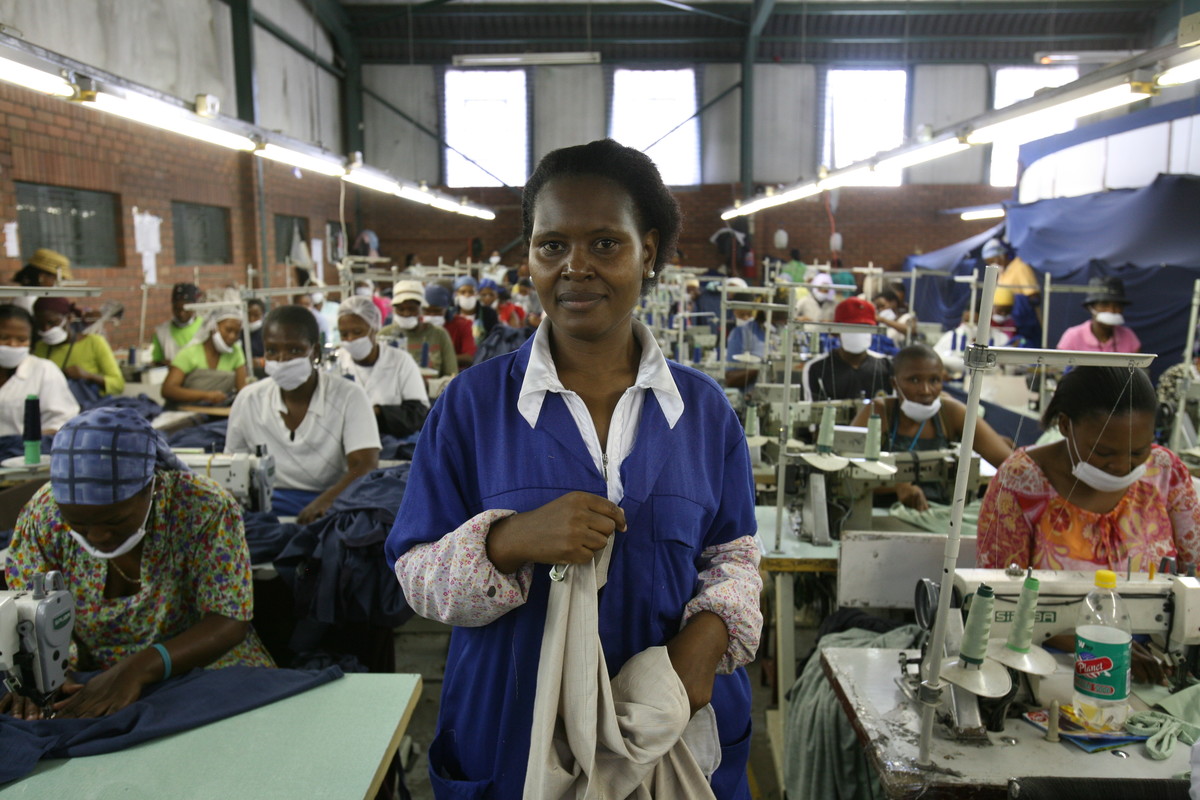
Transforming 'work': Linking women's economic empowerment and public services
From the IPPF side event, "Transforming ‘work’: Linking Care, Public Services and Women’s Economic Empowerment" at the 61st Commission on the Status of Women. ActionAid and the Institute for Development Studies (IDS) brought together a panel at the 61st CSW to discuss the interlinkages between gender responsive public services- including sexual and reproductive health services- unpaid care work, and women’s access to decent work. We heard about IDS’ latest research that examines women’s unpaid care work and the impact of this work on their economic participation. Dora, a young woman from South Africa, spoke about the barriers that she faces in accessing education and employment opportunities; she highlighted issues such as care burdens that limit girls staying in school, a lack of affordable and youth friendly sexual and reproductive health services and lack of affordable transport for young people to travel to clinics. We also heard from Kedibone from the Public Services Union, who spoke of the power of collective organising and bargaining for women’s rights in the workplace. We need gender responsive public services, such as high quality comprehensive sexual and reproductive health and rights and affordable childcare services to enable girls to stay in school, to support women to access decent work and to safeguard women’s rights in work. Without access to gender responsive public services, such as essential sexual and reproductive health services including family planning, women cannot choose if and when and how many children to have. Across cultures and in all economies, women continue to do the lion’s share of unpaid care work and this affects the type of paid work they can access. Unpaid care work restricts women from getting decent work in both the formal economy and the informal economy. The caring women do for their children, elderly, sick relatives, the work they do running of the home also affects their time and creates practical barriers in accessing the critical public services they need. Women, many of who are poor and marginalized and shoulder the majority of unpaid care work in their communities, mostly take up work in the informal economy which is unregulated. For example, 83% of domestic workers worldwide are women. Work in the informal economy can be more insecure and precarious. It has specific impacts on the sexual and reproductive health and rights of women. For example, a lack of regulations can make women more vulnerable to lower wages, limited access to health care, maternity leave or child care. Women may be more vulnerable to workplace discrimination, including sexual assault and rape. There are many women in the informal economy who are particularly marginalized. Migrant and immigrant women are often forced into the informal sector as a result of their immigration status where they are less likely to be able to access health care, let alone maternity leave or child care. Given the fact that women will continue to work in the informal economy, support for care work remains extremely important for women to access decent work. Governments must invest in core public services such as health, education, water and transport to ensure that girls and women have the support and services they need in order to participate across economic life. In addition regulatory frameworks, so policies and practices that support and promote sexual and reproductive health and rights, should meet women where they are-wherever they are. We must also talk to actors outside of our sector. This includes organizing with trade union movements, harnessing the power of collective bargaining for sexual and reproductive health and rights in the workplace. We can and must demand our rights. This involves unionizing workplaces and making sure that union structures and policies address women’s sexual and reproductive health and rights and are included in collective agreements. We see examples of collective organizing for sexual and reproductive health and rights in the workplace across the world. In Lesotho, unions have organized training and workshop for women and low pay, risk of sexual assault, lack of maternity benefits were all issues that were raised. In Kenya, the Kenya Union of Sugar Plantation Agricultural Workers have made recommendations for a union programme that addresses occupational health and safety, maternity protection and the provision of childcare facilities. The South African Clothing and Textiles Workers Union have built partnerships with employers and government to address high risks of HIV and gender-based violence in the workplace through joint union/employer statements and bargaining council agreements. More than ever, we need cross-movement building. As sexual and reproductive rights advocates, as women’s rights activists, we must start organizing across our sector; across agendas. Agendas that are all interlinked. The fight for reproductive justice is a long standing one. It is intimately linked to women’s unpaid care work and women’s access to decent work. Our starting point must be there. WANT TO GET INVOLVED? SUBSCRIBE NOW TO GET UPDATES FROM IPPF SUPPORT OUR WORK WITH A DONATION
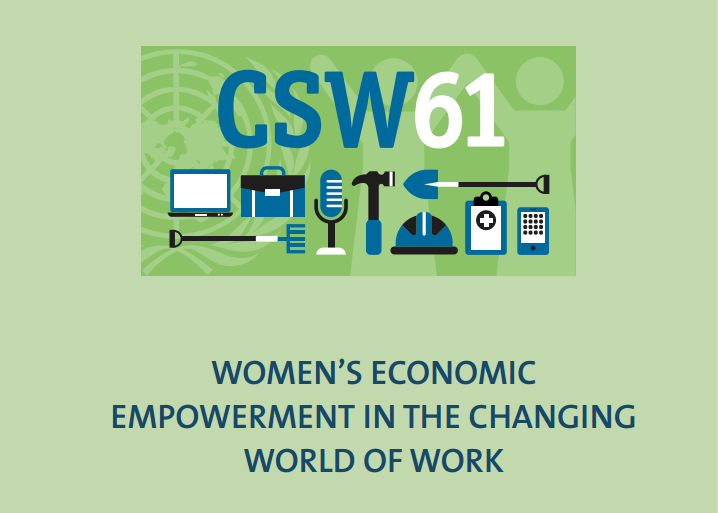
The 61st Commission on the Status of Women: ‘women’s economic empowerment in the changing world of work’
The Commission on the Status of Women (CSW) is a functional commission of the United Nations Economic and Social Council (ECOSOC). It is the principal global policy-making body dedicated exclusively to gender equality and advancement of women. Every year, representatives of member states gather at United Nations Headquarters in New York to evaluate progress on gender equality, identify challenges, set global standards and formulate concrete policies to promote gender equality and women's empowerment worldwide. This year’s priority theme of the CSW is ‘women’s economic empowerment in the changing world of work’. IPPF is working with partners to make sure that sexual and reproductive health and rights are considered central to women’s economic empowerment within negotiations at the CSW. "Sexual & reproductive health&rights shape women’s chances to access and stay in decent work" @PreeSundaram, IPPF https://t.co/IJWikHVSrB #CSW61 — IPPF Global (@ippf) March 13, 2017 Read our latest briefing to find out why sexual and reproductive health and rights are central to women’s economic empowerment. See the full list of IPPF hosted events at the Commission on the Status of Women (CSW) 61. WANT TO GET INVOLVED? SUBSCRIBE NOW TO GET UPDATES FROM IPPF SUPPORT OUR WORK WITH A DONATION
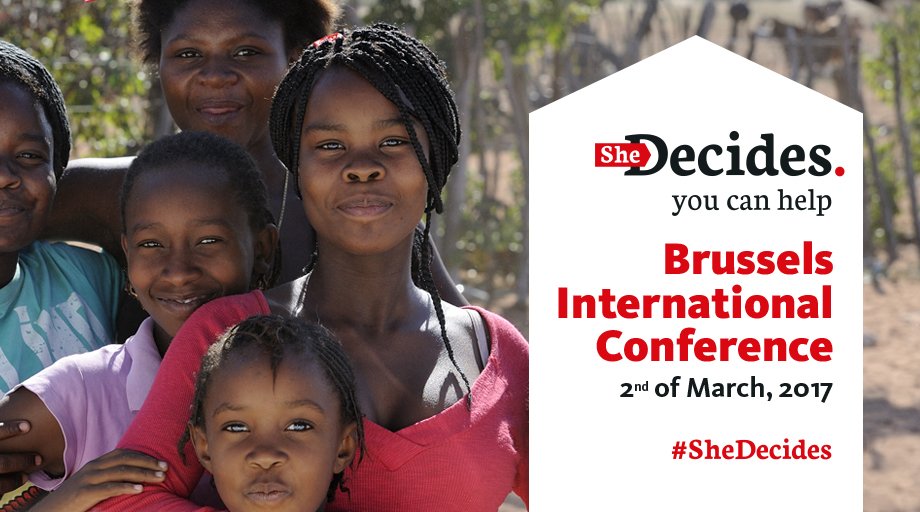
IPPF at the She Decides Conference
The International Planned Parenthood Federation (IPPF) is grateful to the international community for its ongoing support for women and girls through the She Decides initiative. 2 March 2017 was a powerful moment for our movement. The recent return of the Global Gag Rule, has left the community concerned and frustrated. But many governments, as well as other entities, have stepped up to the challenge. The She Decides initiative and conference offered the platform and the momentum to help shape a new global partnership for sexual and reproductive health and rights (SRHR). #Ploumen: ‘People - especially women & girls - all over the world should feel empowered and supported in their right to decide’ #SheDecides pic.twitter.com/HBrUOmz8KF — Netherlands ?? MFA (@DutchMFA) March 2, 2017 In total €181 Million was pledged at the conference. Many of our Member Associations spoke at the conference to give powerful testimonies of how they are working on women’s sexual and reproductive health and rights. They highlighted the need for financial and political support to deliver these lifesaving programmes. IPPF Director General gave a passionate speech on how the Global Gag Rule impacts the Federations’ work. He talked about how this was not about money but human rights. "When it comes to women's Rights, there's no North or South, it's a GLOBAL movement until #SheDecides" - T. Melesse @ippf pic.twitter.com/h7QMNIy3Lq — IPPF Global (@ippf) March 2, 2017 IPPF was delighted to hear that the Canadian Government announced a $4 million as part of their ongoing support to women’s rights. This was one among the many pledges of support IPPF received. Women rights are human rights. Canada just pledged up to $20M to @UNFPA @IpasOrg @ippf @MarieStopes @PSIimpact #SheDecides pic.twitter.com/m7KLKK1eGE — Marie-Claude Bibeau (@mclaudebibeau) March 2, 2017 Anonymous donation of $50M brings #Shedecide funding to €181M. Thank you @Ploumen4Women for starting it and all donors for making it HUGE! — IPPF Global (@ippf) March 2, 2017 There was strong commitment from the European Commission. The European Commissioner for International Cooperation and Development, stated that the Commission will continue to support sexual and reproductive health and rights, comprehensive family planning, education, information and preventive health programme. He also proudly announced that we will continue to support the work of our partners - like UNFPA, UNICEF, IPPF and many NGOs - to improve the lives of women and girls. The Conference was just the beginning. Mobilising the international support and commitment of 50 governments to safeguard women’s sexual and reproductive health and rights. We will continue to work with Governments, foundations and other actors to ensure that this journey becomes a reality. Because in the end it is she who must decide. The result after just 5 weeks, minister #Ploumen on #SheDecides at the end of the Brussels conference pic.twitter.com/wwit5ATG5z — Netherlands ?? MFA (@DutchMFA) March 2, 2017 Subscribe to our updates! SUPPORT OUR WORK WITH A DONATION
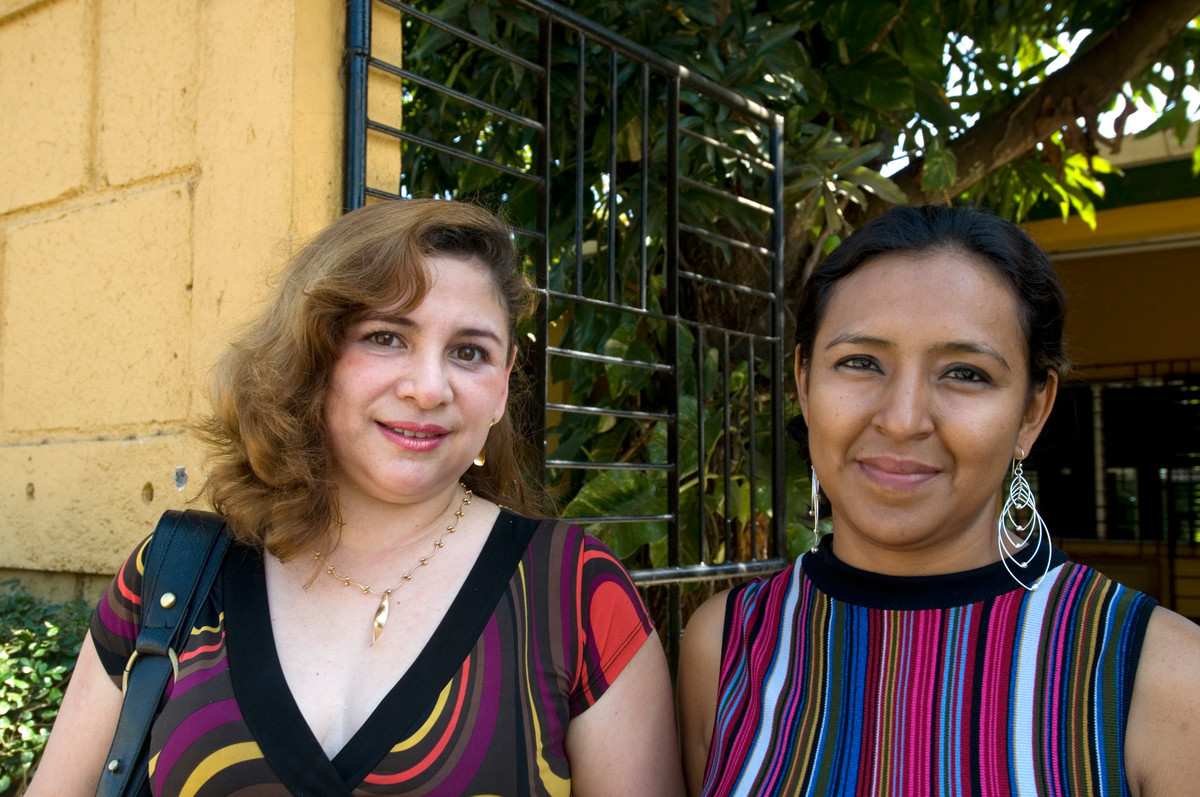
Canadian funds to champion sexual and reproductive health and rights welcomed
The International Planned Parenthood Federation (IPPF) today welcomed the Honourable Marie-Claude Bibeau, Minister of International Development and La Francophonie, announcement of $4 million for support to sexual and reproductive health and rights. The funding announcement to IPPF came as governments pledged their support at the She Decides conference in Brussels, Belgium today. “Every woman + girl must be treated with dignity and respect.” Watch Canada’s position on sexual reproductive health & rights #SRHR pic.twitter.com/3xxPkne8wG — Development Canada (@CanadaDev) February 3, 2017 Tewodros Melesse, IPPF Director General said on news of the announcement “We are delighted that the quality of our work to reach the world's poorest and most vulnerable women and girls is recognised through this contribution from Global Affairs Canada. Ensuring women and girls health and rights is critical for their development, that of their family and the advancement of their country.” “Canada's support is part of their ongoing commitment to champion sexual and reproductive health and rights and to be part of the global movement to advance women’s health and rights.”
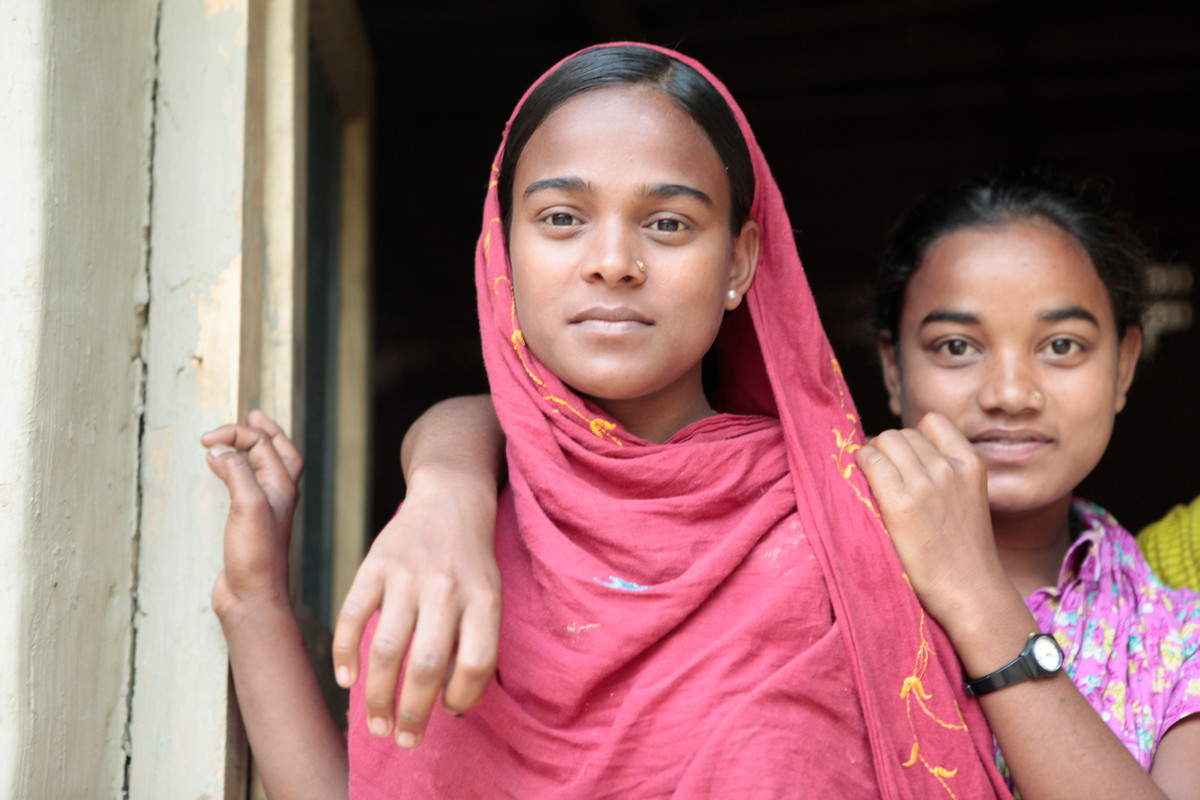
Bangladesh’s new Child Marriage Act is a step backwards for young women warns IPPF
New legislation in Bangladesh which will allow girls under the age of 18 to be married-off legally in “special circumstances” is a step backwards for young woman, the International Planned Parenthood Federation has warned. The Child Marriage restraint Bill 2017 gives parents or guardians the ability to seek a court order for children to be married-off in their “best interests.” Currently, it is illegal for girls under 18 or men under 21 to marry in Bangladesh, although the law is widely flouted. The new law opens the possibility of girls who have been raped being married to their attackers or girls who have become pregnant being married to abusers. Anjali Sen, regional director for IPPF’s South Asia Region, which includes Bangladesh, said the new legislation was a move in the wrong direction. “Any legislation which opens the possibility of young girls being forced into marriage is going the wrong way,” she said. “Countries around the world and in the South Asia region are looking to close loopholes around child marriage and tighten restrictions, rather than create new exceptions which allow it. “We know that early marriage for young girls is likely to lead to them dropping out of school and narrows their life chances. “This new legislation appears to work against Bangladesh’s welcome commitment to ending child marriage – which means marriage before 18 – by 2041 and reducing it by a third by 2021. “IPPF would urge the Government of Bangladesh to think again about this legislation and the rights of the young girls it threatens to undermine.” Bangladesh has one of the highest rates of child marriage in the world, according to a 2016 UNICEF report, which said 52% of girls in Bangladesh were married before the age of 18 and nearly 20% by 15. IPPF is a global federation of locally-owned associations and partners providing and campaigning for sexual and reproductive health care and rights in 170 countries.
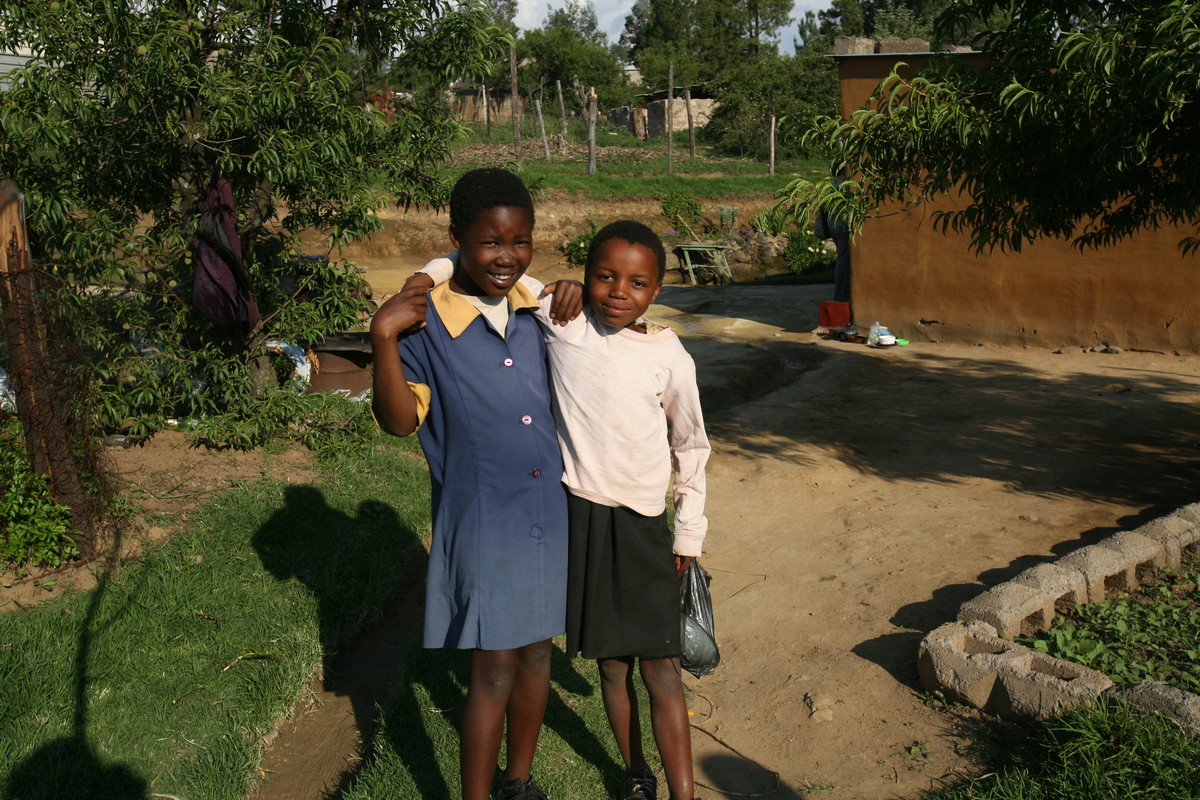
She Decides Conference: Making a stand for women and girls right to decide
Access to education, the right to make choices about your own body – these are things many of us take for granted. But the reality for many women and young girls in developing countries is very different. Denied rights to some very basic choices – such as how many children to have and when, whether to stay in school, and how to participate in their country’s economy. For some, this is about culture, custom, economics or just denial of basic human rights. For others it is as simple, yet life changing, as not having access to modern contraceptive methods. The She Decides Conference in Belgium today sees ministers, young leaders, civil society groups and policymakers – a real mixture of organizations gathered together with one key objective – trying to change the way action is taken on women and girls human rights. This Conference is a seminal moment – a vital opportunity for Governments and NGOs to work collaboratively to address the challenges we face. "If we want the world to advance, we must ensure women's rights to decide. I want my daughter's to decide." Chad Min. Of Health #SheDecides pic.twitter.com/nN3zJPav7D — IPPF Global (@ippf) March 2, 2017 The She Decides initiative is not about abortion. It’s a fundraising initiative for human rights. Access to sexual and reproductive health and rights, and in particular family planning, is the foundation for gender equality, women's empowerment, and economic development for both women and men, wherever and whoever they are. This moment will kick-start the process of securing maximum political and financial support to ensure full access worldwide to sexual and reproductive health and rights, including family planning, so that the most vulnerable women and girls can exercise the right to decide about their own bodies and destiny. The need has never been greater. Beatrice Akoth had never wanted or planned to have nine children, but she had no choice. Although the idea is incomprehensible for many of us, Beatrice, like millions of other women and girls, had no access to contraception when she desperately needed it. “When I was a young girl, I never thought I would have nine children. After each child, I got pregnant again, nine months later,” she said. This left her struggling to provide for her family, who all share a two-room mud shack on swampy ground on the outskirts of Kisumu, Kenya. No one had ever talked to her in any depth about family planning, and by the time the ninth child was born, 41-year-old Beatrice was unable to cope. “The children were my burden. I did not know who to turn to. But one day, out of the blue, I overheard a group of women animatedly chatting about family planning and where to access it,” she said. There’s no doubt that if she had been able to get care sooner, her life would have been dramatically different. And Beatrice is far from alone. It doesn’t cost much to provide contraception or to safeguard rights, but we need political will and investment. This is why She Decides in Brussels comes in. We are at a crucial moment. As governments and those on the ground delivering services to protect women’s rights and tackle inequality. We know that sexual and reproductive health and rights are key to individual wellbeing. "When it comes to women's Rights, there's no North or South, it's a GLOBAL movement until #SheDecides" - T. Melesse @ippf pic.twitter.com/h7QMNIy3Lq — IPPF Global (@ippf) March 2, 2017 And in such company, we could convince ourselves that we have won this fight that our unanswerable case has triumphed. Sexual and reproductive health and rights services cover every aspects of people’s lives. We want to make sure there is continued support to avoid unintended health consequences, especially for women living at the margins of society hardest – the poorest, disabled, the most remote and those under the age of twenty-five. No one should be denied the lifesaving healthcare they need. As a social movement working on these issues, we will survive this time. And it is heartening to see that with each setback in the fight for the health of women and girls, the response becomes stronger. That is why we are in Brussels today – because our determination to ensure that she really does decide has never been stronger. "Providing girls with sexual and reproductive health&services I'm not doing them a favour: it's their right!" A. Dicko @ippf at #SheDecides pic.twitter.com/rUGU6pyk5l — IPPF Global (@ippf) March 2, 2017 WANT TO GET INVOLVED? SUBSCRIBE NOW TO GET UPDATES FROM IPPF SUPPORT OUR WORK WITH A DONATION
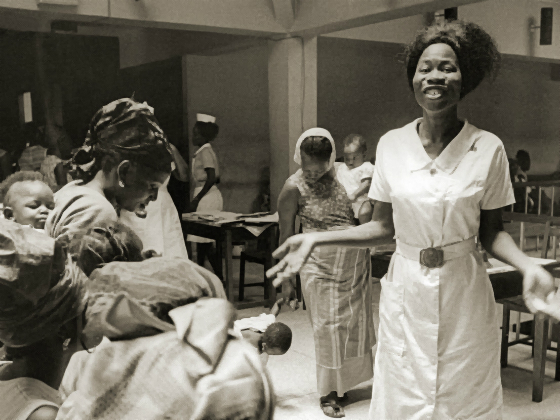
Celebrating over 60 years of service delivery
For over 60 years, IPPF has been at the vanguard of the family planning movement, championing and fighting for rights‑based, voluntary family planning worldwide.
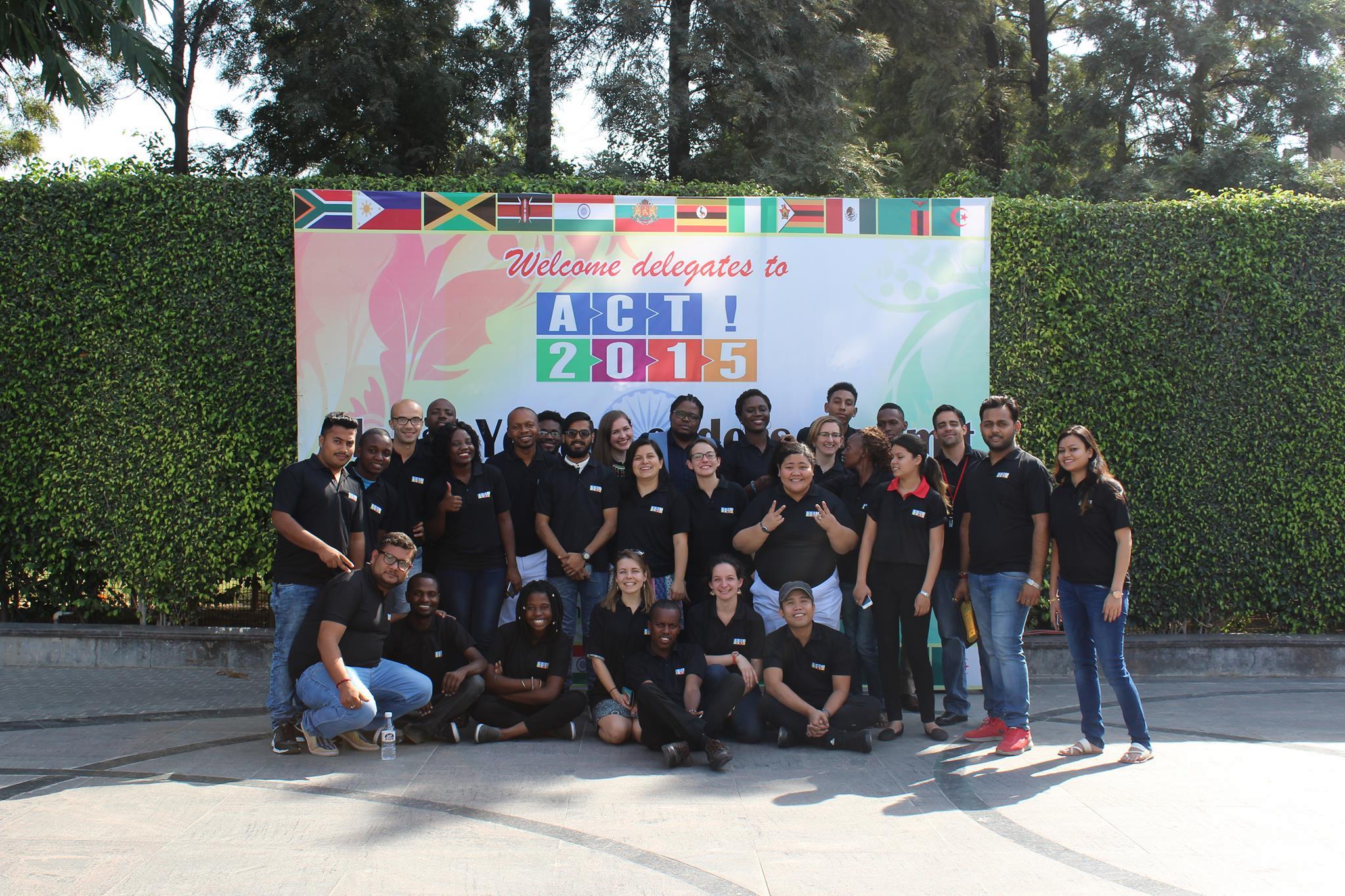
ACT!2030
IPPF collaborates with UNAIDS and The PACT to implement ACT!2030 (formerly ACT!2015), a youth-led social action initiative which engages young people in 12 countries with advocacy and accountability around the Sustainable Development Goals (SDGs) and other SRHR agreements/frameworks. ACT!2030 was initiated in 2013 as a way to increase youth participation in the negotiations leading up to the adoption of the post-2015 development agenda, and for two years focused on establishing alliances of youth-led and youth-serving organisations in 12 countries across the world. The project is currently in Phase 4, which runs until the end of 2017, and aims to establish youth-led, data-driven accountability mechanisms to ensure youth engagement with the implementation of the SDGs and build an evidence base for advocacy. Ultimately, Phase 4 of ACT!2030 seeks to identify, assess and address key policy barriers to young people’s sexual and reproductive data by using existing data, supplemented by youth-collected data, to advocate and lobby for policy change. This phase involves four main activities: indicator advocacy (persuading decision makers to adopt youth-friendly SRHR and HIV indicators, including on things like comprehensive sexuality education (CSE) and access to youth-friendly services, into national/global reporting mechanisms); evidence gathering (creating national databases on quality of and access to youth-friendly services and CSE); communications (transforming this data and evidence into communications pieces that can be used to advocacy and lobby at national and international level); and global exchange (facilitating global visibility to share advocacy and engagement learnings and increase youth-led accountability in global and regional processes). ACT!2030 is implemented by national alliances of youth organisations in 12 countries: Algeria, Bulgaria, India, Jamaica, Kenya, Mexico, Nigeria, Philippines, South Africa, Uganda, Zambia and Zimbabwe.
Pagination
- Previous page
- Page 8
- Next page






